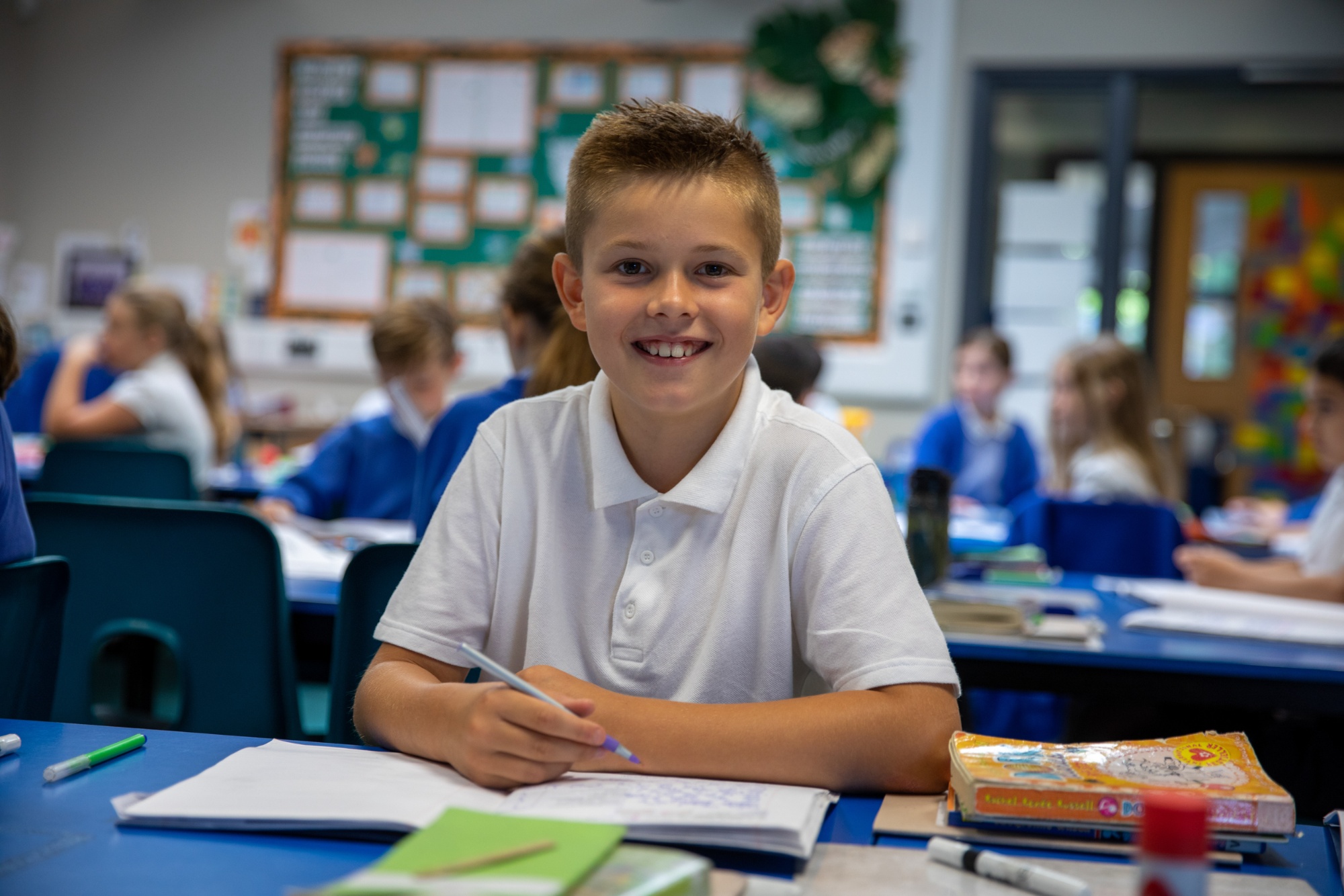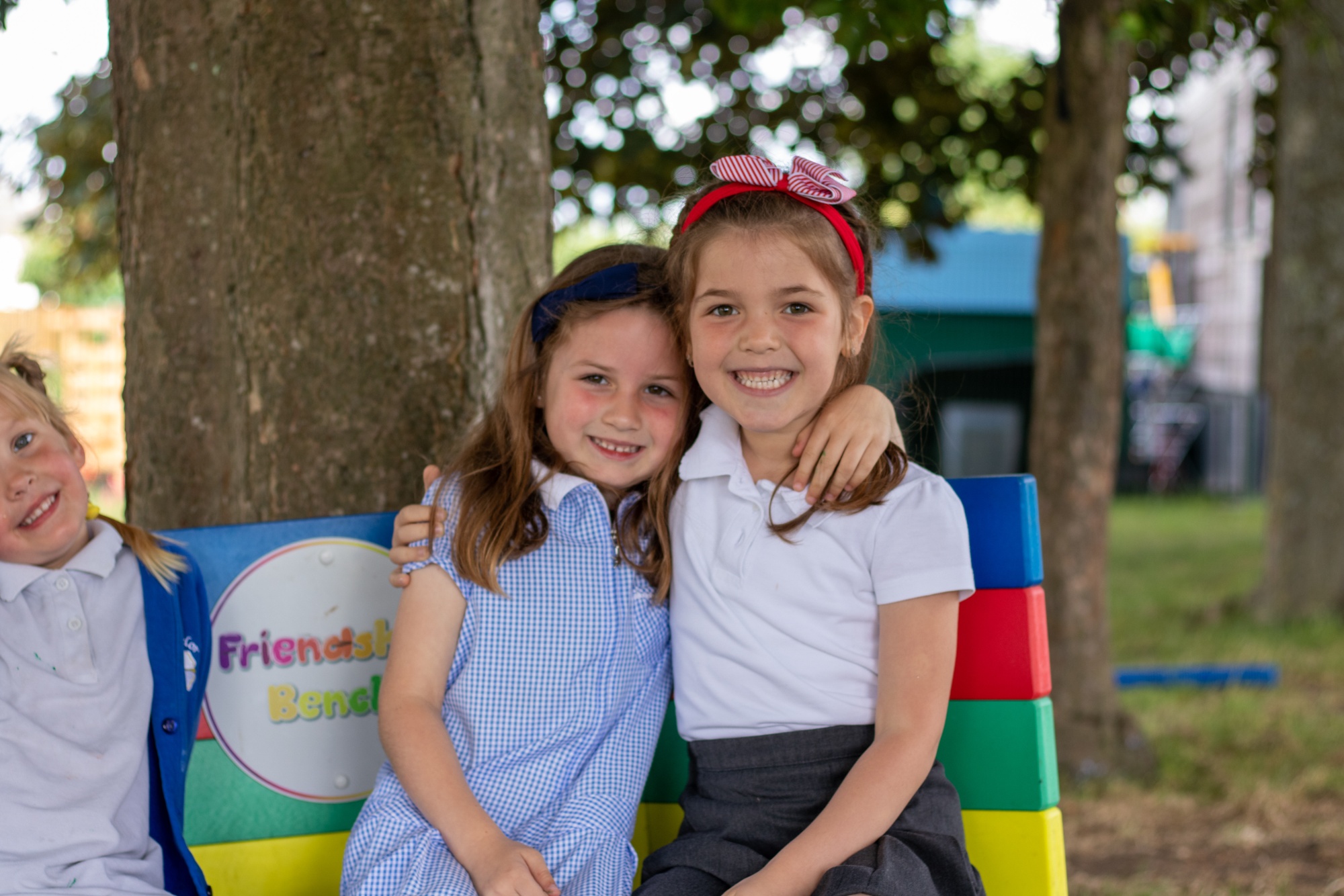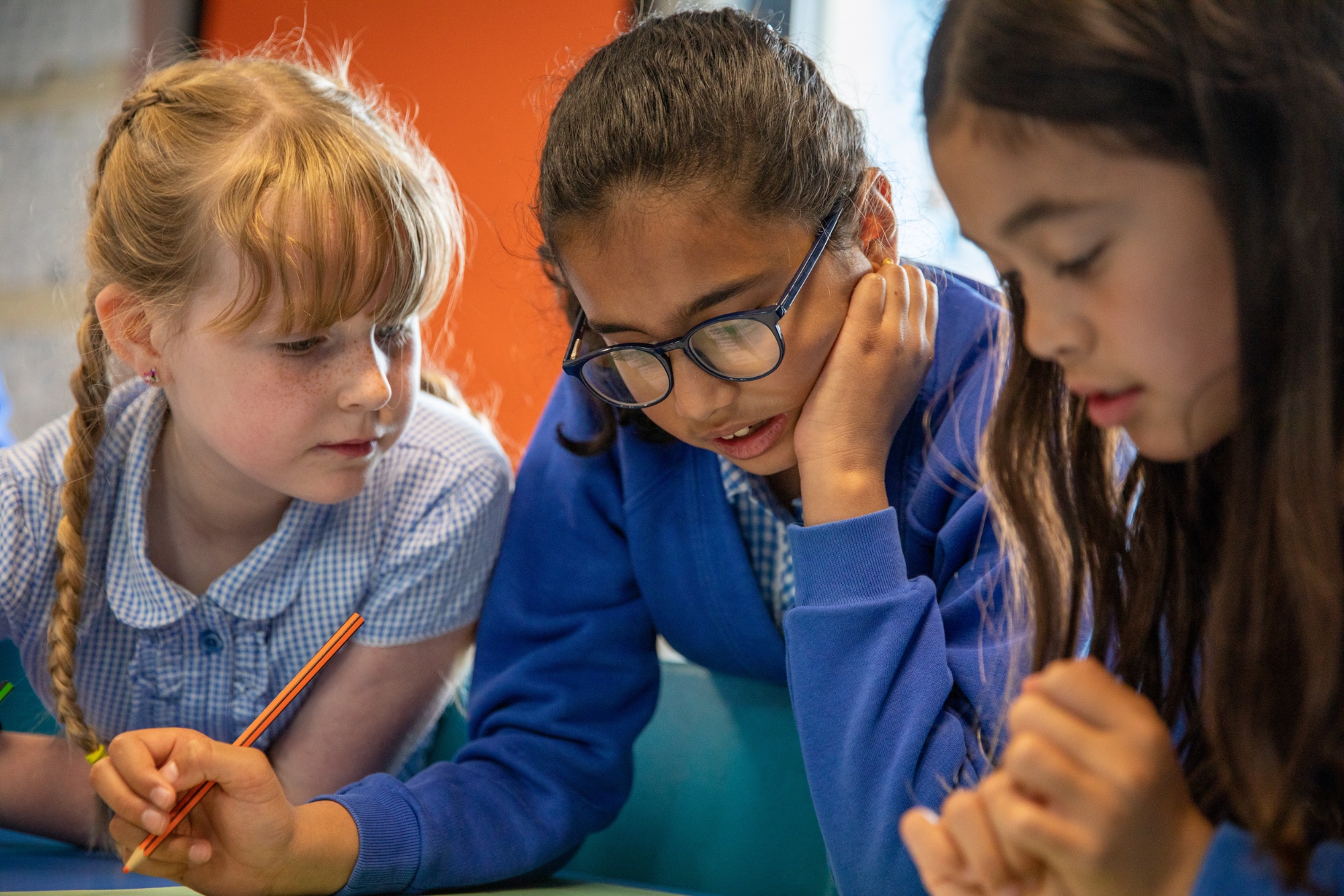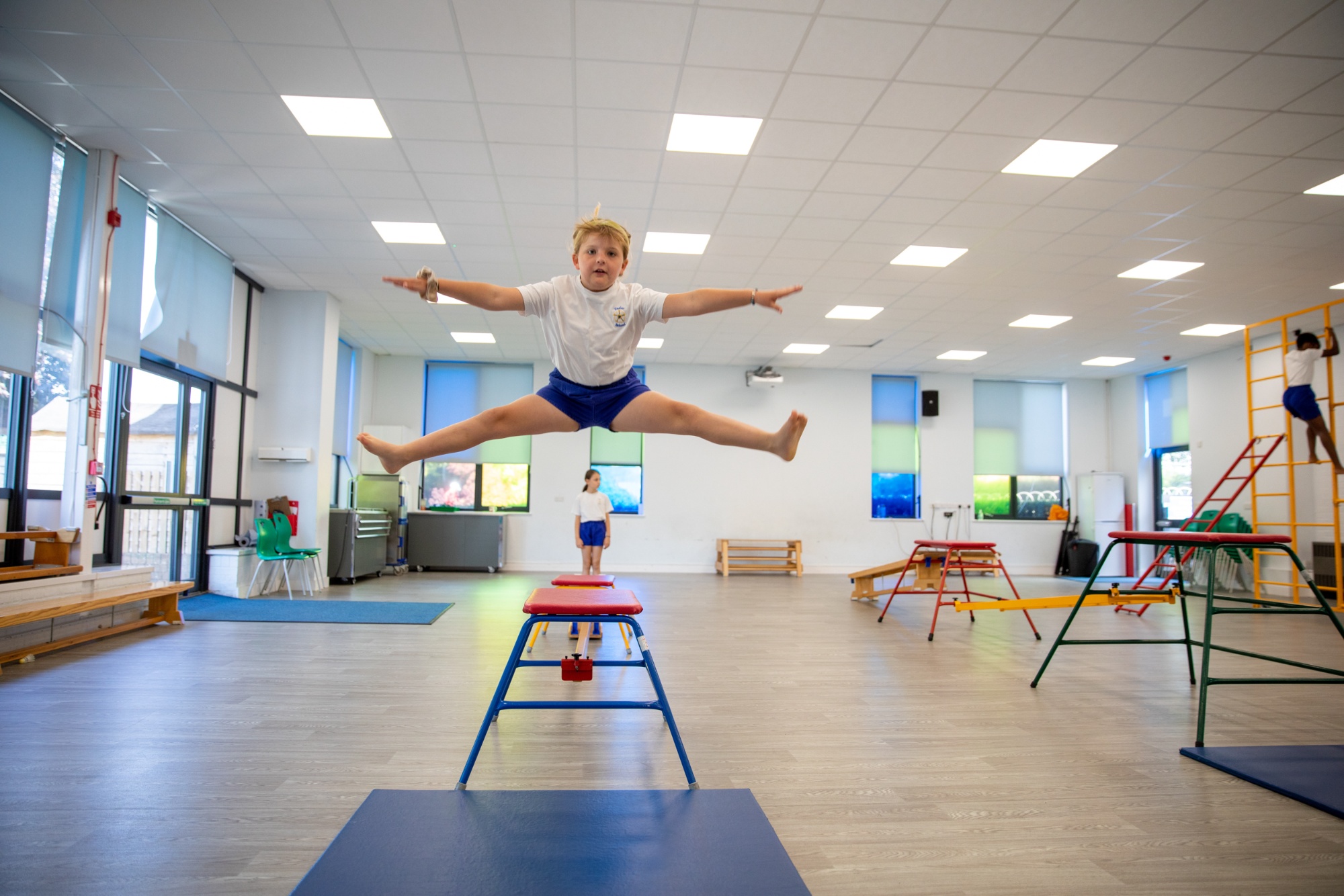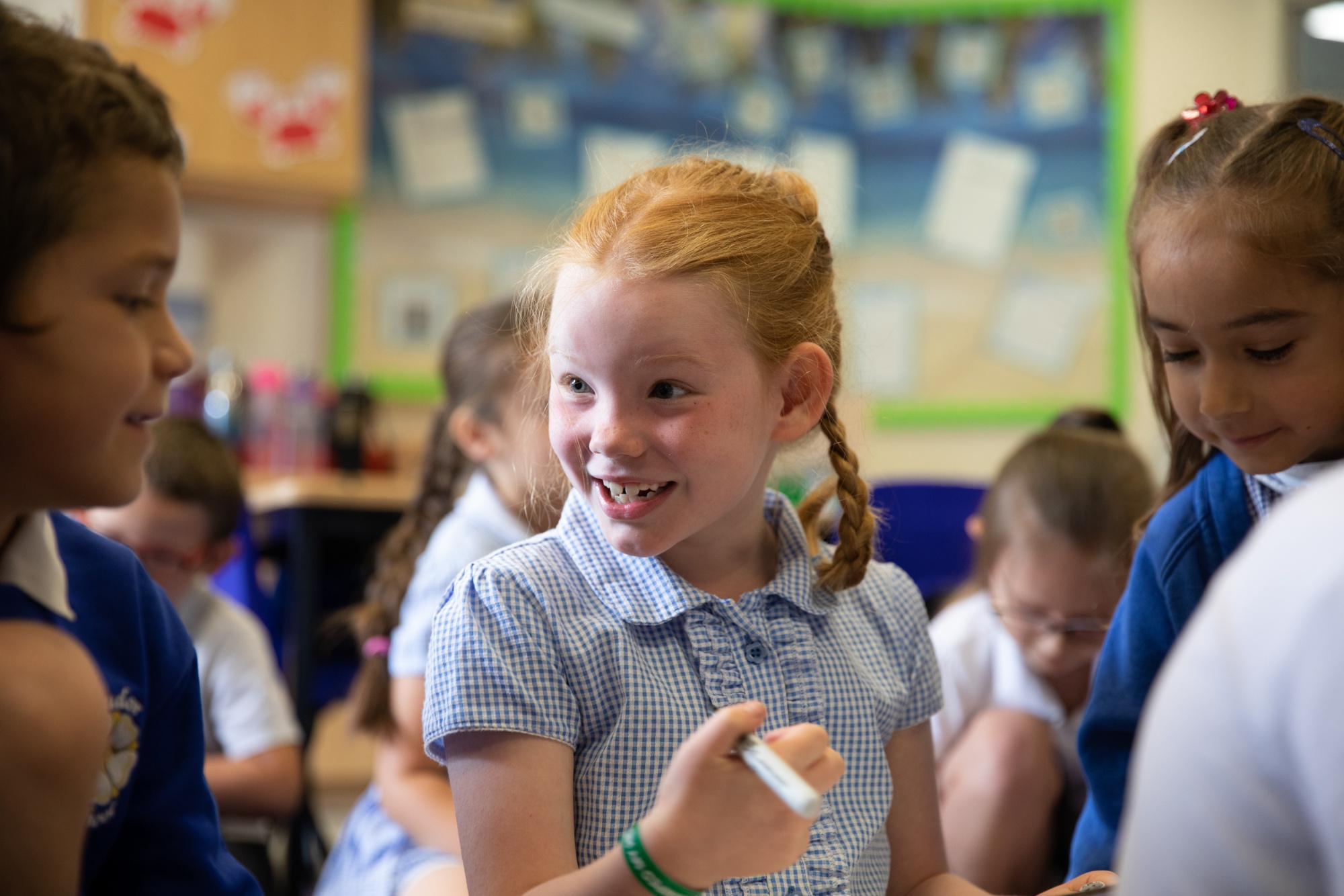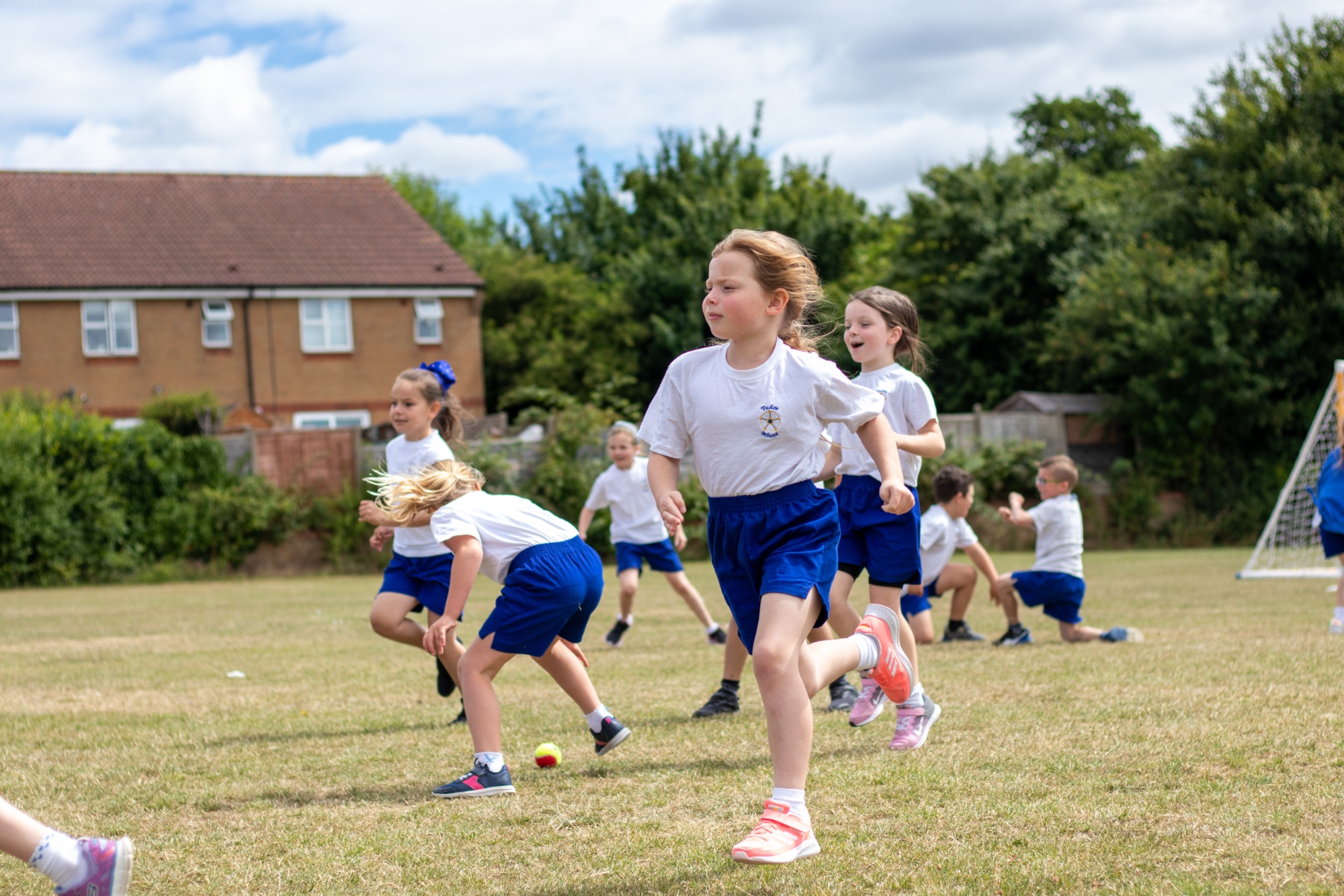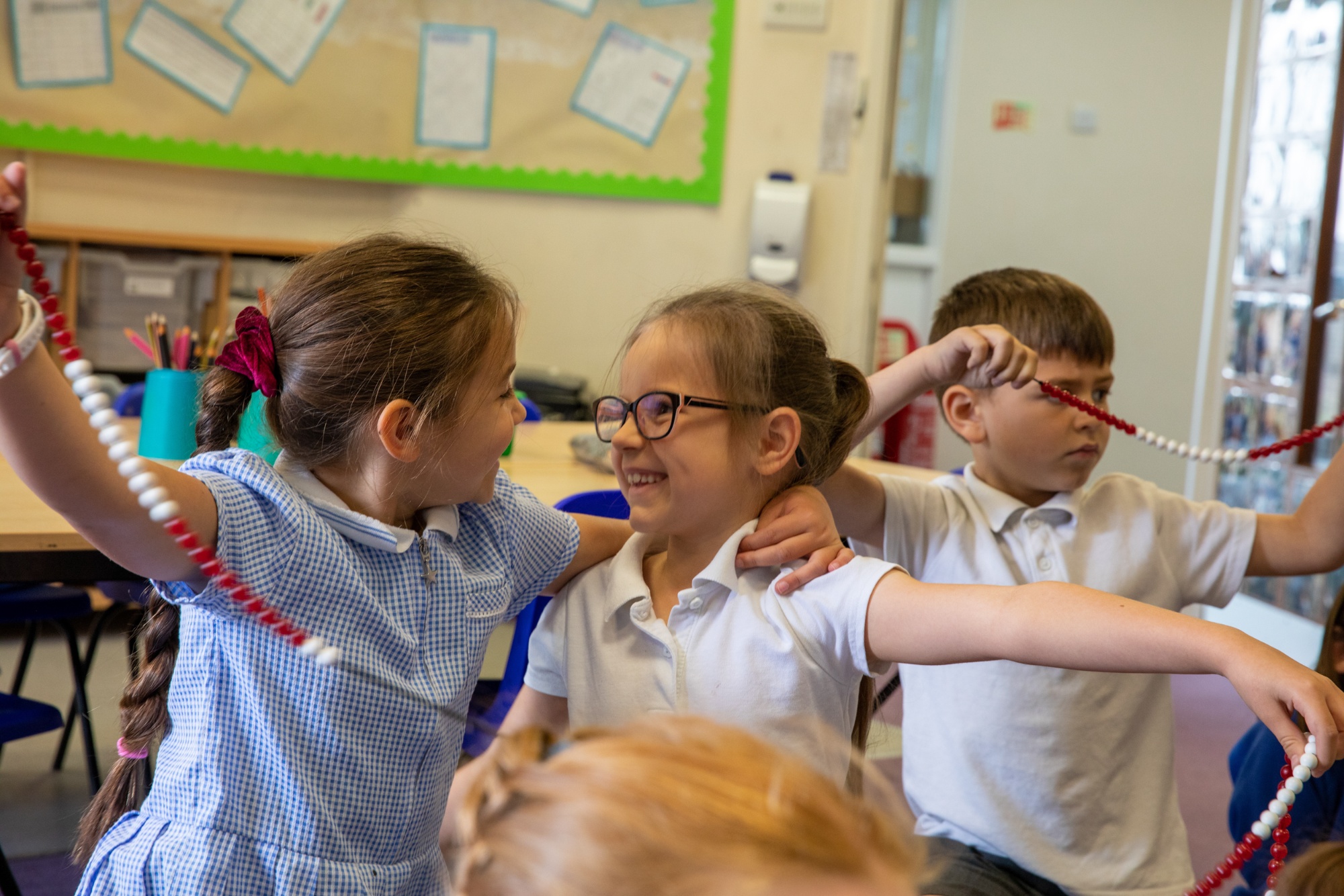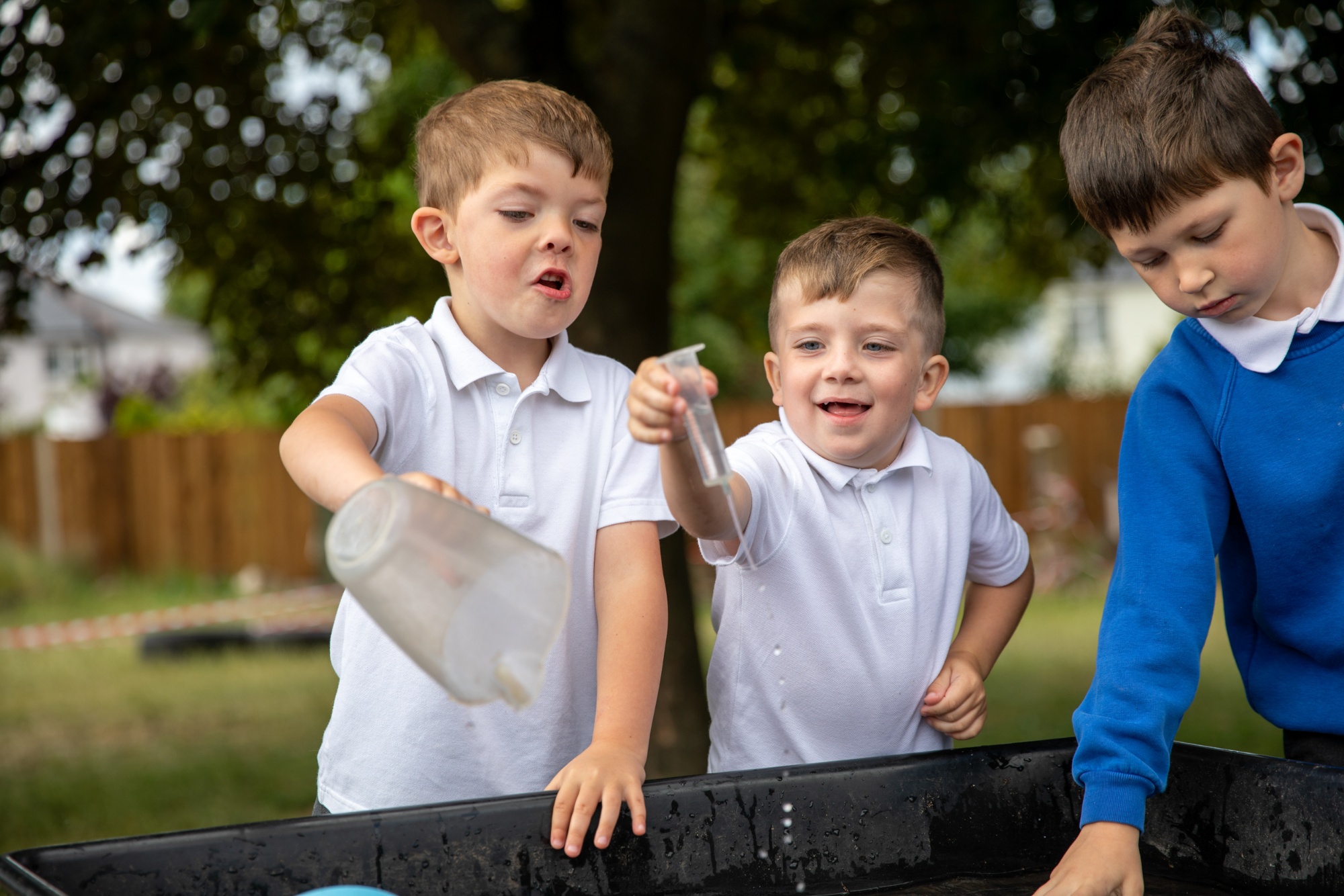First Aid at Tudor Primary
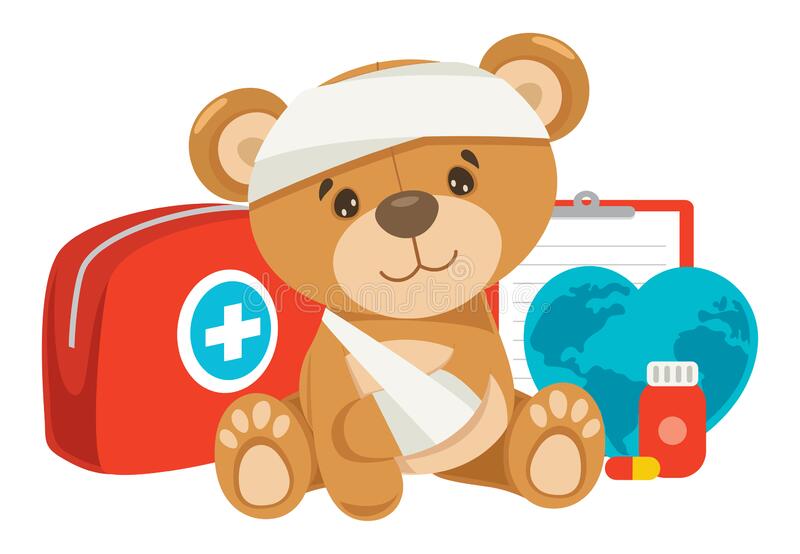 We will phone you or your emergency contact if your child becomes unwell during the school day, or if they have had an accident that we feel requires a further conversation with you. Please make sure that we have current contact numbers.
We will phone you or your emergency contact if your child becomes unwell during the school day, or if they have had an accident that we feel requires a further conversation with you. Please make sure that we have current contact numbers.
For certain infections and contagious diseases there are fixed times for which a child must be off school, so please contact your doctor, NHS Direct or the NHS website at www.nhs.uk to enquire about this if you are in any doubt. When considering returning a child to school after illness, please take into account the daily school routines and outdoor play which will require a certain level of fitness. Should your child require medication during school hours you are welcome to come into school to administer it to ensure correct dosage and timing.
Training - Ensuring high levels of capacity
We are committed to ensuring high levels of care to your children: high teacher/ pupil ratios are in place during all periods of the school day. Mr Weightman, Miss Reading, Mrs Wash, Mrs Parkes, Mrs Higgins, Mr Higgins, Mrs North, Mrs Barry, Miss McGee, Mrs Southcott, Mrs Green and Mr Poole attended First Aid training, delivered by The British Red Cross, in March 2024. This training takes place every three years, which ensures there are always high numbers of first-aiders present on the school premises. In addition, some staff receive paediatric first aid training (see below).
Staff trained to EYFS standard (Paediatric first aid):
|
Jodee Price |
EYFS |
|
Jordan Pike |
EYFS |
|
Jess Adams |
EYFS |
|
Brooke Higgins |
KS1 |
Katie Reading and Dylan Wendleken are the school designated adult first-aiders. We require this capacity qualifications due to the school workforce exceeding 50 people. Mr Wendleken and Miss Reading have completed the full '3 day First Aid at Work' training course (valid for 3 years) delivered by The British Red Cross. (Completed in January 2023 and November 2024 respectively). Ms Hysi also completed the 'First Aid at Work' course in November 23.
FIRST AID BOXES ARE LOCATED AT THE FOLLOWING POINTS:
- Medical Room (main building)
- EYFS (main building) - for use when children are outside
- Year 2 building (used for triage)
- Additional resources for the provision of first aid are also held in classes.
In addition to the first aid boxes, Tudor school also has two defibrillators on site (one located on the playground and one located in the first aid room).
Corine Shipton is responsible for regularly checking (termly) that the contents of first aid boxes are complete and replenished as necessary. PPE is available in school.
Transport to hospital
Where a first aider considers it necessary, the injured person will be sent directly to hospital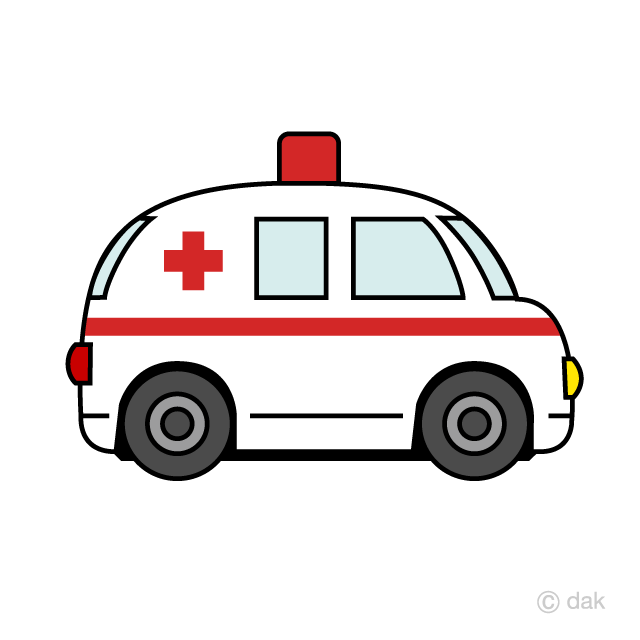 (normally by ambulance). Parents/ carers will be notified immediately of all major injuries to pupils.
(normally by ambulance). Parents/ carers will be notified immediately of all major injuries to pupils.
No casualty will be allowed to travel to hospital unaccompanied and an accompanying adult will be designated in situations where the parents/ carers cannot be contacted in time.
Where there is any doubt about the appropriate course of action, the first-aider will consult with the Health Service helpline (NHS Direct 111) and, in the case of pupil with the parents/ carers.
Administration of medicines
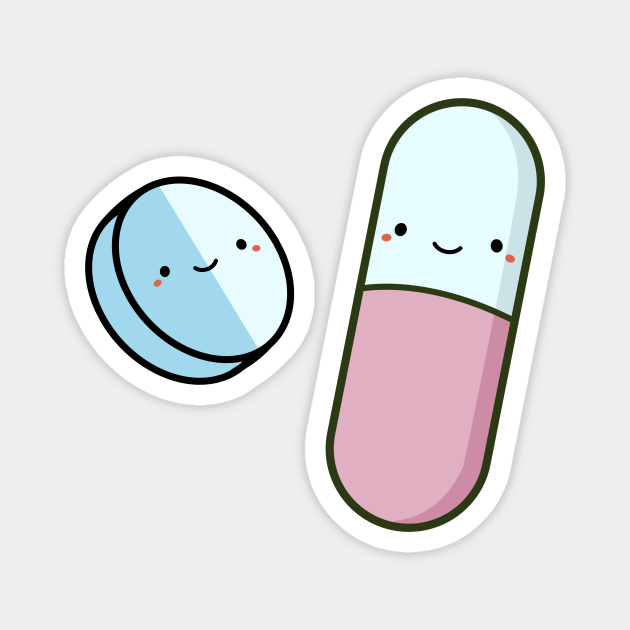 All medication will be administered to pupils in accordance with the DfE document Supporting pupils at school with medical conditions. Detailed arrangements are provided in a separate policy.
All medication will be administered to pupils in accordance with the DfE document Supporting pupils at school with medical conditions. Detailed arrangements are provided in a separate policy.
Unless agreed with the parent, no member of staff will administer any medication (prescribed or non-prescribed).
All non-emergency medication kept in school is stored in an appropriate place (as highlighted within policy). All pupils know how to access their medication. Under no circumstances will medication be stored in first aid boxes.
The school have chosen to hold an emergency salbutamol inhaler for use by pupils who have been prescribed a reliever inhaler and for whom parental consent for its use has been obtained. We also hold an auto-injector (epi-pen).
Emergency medication and devices such as asthma inhalers and blood glucose testing meters are always readily available to children and not locked away. These are kept in the relevant classroom, and clearly labelled. Auto-injector pens are stored in the first aid room with names and photographs of the children attached.
Individual Health Care Plans (IHCP)
Parents / carers are responsible for providing the school with up-to-date information regarding their child’s health care needs and providing appropriate medication. IHCPs are in place for those pupils with significant medical needs e.g. chronic or ongoing medical conditions such as diabetes, epilepsy, anaphylaxis etc. The IHCP is developed with the pupil (where appropriate), parent/carer, appropriate member of school staff, specialist nurse (where appropriate) and relevant healthcare services. These plans will be completed at the beginning of the school year / when child enrols / on diagnosis. All staff are made aware of any relevant health care needs and copies are available in the first aid room.
Staff will receive appropriate training related to health conditions of pupils and the administration of medicines by a health professional as appropriate.
General advice
Head bumps
Current advice is that ice packs are not always automatically required when dealing with a bumped head. The member of staff will assess if a cold compress is appropriate to be used. If staff believe that a bumped head requires additional monitoring, the child will be given a green wristband so that adults (including parents) coming into contact with the child later in the day are aware of what has happened. You will not be called unless the staff have additional concerns for your child’s wellbeing.
Splinters
On the extremely rare occasions that children receive a splinter, staff will encourage the child to remove it themselves. It will not be covered with a plaster.
Plasters
We will no longer be sending home letters in relation to the provision of a plaster. Furthermore, recommended practice states that plasters should only to be applied when a wound is actively bleeding. Whilst children do enjoy receiving plasters, this guidance will ensure that any wounds are dealt with more appropriately (so they can heal quicker!).
Inhalers
If a child has required use of an inhaler, this will be recorded in the home/school diary. It is the parents’ responsibility to ensure that all medication (including inhalers) is in date and available in school.
Nose Bleeds
Children are told to tilt their head forward and to pinch the soft part of their nose for up to 10 minutes. After this time, the child is told to release the pressure. If the bleeding continues the child is told to reapply pressure for two further periods of 10 minutes. If the nose bleed is severe and/or it lasts for more than the 30 minutes the school will contact emergency support and inform parents.
We are committed to ensuring high levels of care to your children at all times including high teacher/ pupil ratios are in place at school during break and lunchtimes.
To ensure that we continue to risk assess our procedures, accident forms are monitored and any trends or patterns are noted and acted upon. These reports are also shared with our school governors to ensure our systems are robust.
When in school, in loco parentis (in the place of a parent) is our legal responsibility when supporting children. We will continue to evaluate our approaches when delivering first aid so that they remain safe (and well) in our care at Tudor Primary School.
We look forward to maintaining the high standards of care for everyone who comes to Tudor each day - children and adults alike.

